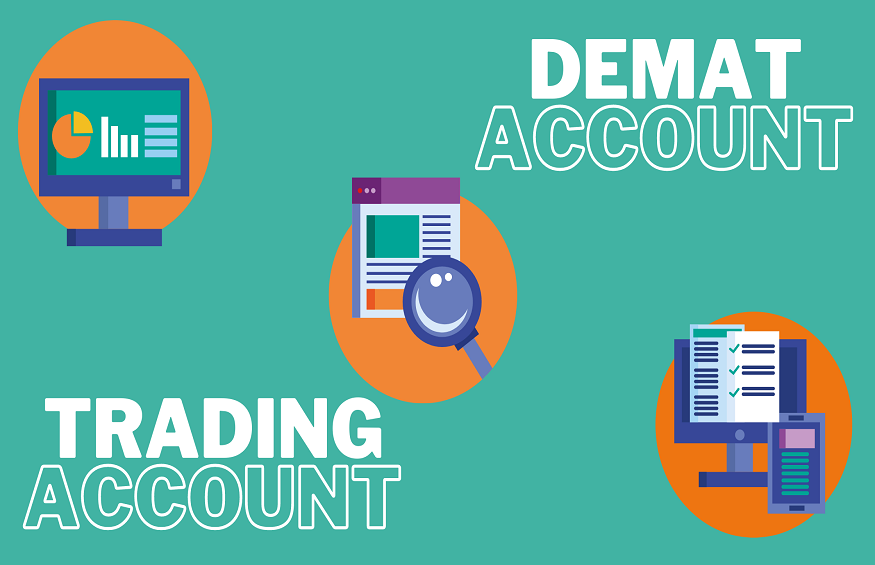Choosing the right trading platform is essential if you want to get the most out of your demat account. There are a variety of online platforms available, each with its own set of features, tools, and fee structures. Before choosing a platform, it’s imperative to assess your needs and goals first – are you looking for options or stocks? Do you want access to international markets? Will you need advanced charting tools? Once you have identified your requirements, it’s time to research different platforms and compare them side-by-side. Be sure to check out user reviews as well as fee structures before making any decisions.
What Are the Benefits of Trading with a Demat Account?
Trading using a demat account offers numerous benefits that can help investors make more informed decisions when trading on financial markets. Firstly, demat accounts provide secure storage for shares – no physical certificates are required as all transactions take place electronically through an exchange network such as NSE or BSE (National Stock Exchange or Bombay Stock Exchange). This makes share transfers quick and easy without having to worry about losing track of documents or worrying about lost certificates. Additionally, demats allow investors to keep track of their portfolio more easily by providing real-time information on stock prices and performance in one place – this simplifies it simpler for traders to monitor market movements while also enabling automated settlement processes which reduce the risk associated with manual settlement procedures like misplacing documents, etc. Finally, electronic transactions incur lower costs than those involving physical certificates which allows investors to maximize returns on investment when trading with the best trading app in India.
Common Questions and Answers About Demat Accounts.
There are several types of fees associated with Online demat account, including account opening and account maintenance fees, transaction charges for buying or selling securities, custodian fees, and others. Account opening and maintenance fees vary depending on the provider but may range from Rs 100 to Rs 1000 per annum. Transaction charges vary based on the value of the security being bought or sold but generally fall between 0.1% and 0.5%. Custodian fees are charged by depository participants (DPs) to keep track of your securities in your demat account; these typically range from Rs 25-50 per quarter. There may be other miscellaneous charges as well like stamp duty or government taxes which you should check with your bank before making any transactions.
What Are the Risks Associated With Trading Through a Demat Account?
The most common risk associated with trading through a demat account is a market risk – that is, volatility in prices due to factors such as economic conditions or political uncertainty. This can cause losses on your investments if not managed properly. Additionally, there may be risks related to technological failure or cybercrime that could prevent you from accessing your funds in an emergency situation; it’s paramount to make sure you have adequate protection against these threats when trading online through a demat account. Finally, there is counterparty risk – this occurs when one of the parties involved in a trade default on their obligation leaving you at risk of losing money due to delayed payments or non-payment altogether so it’s important to do research into potential counterparties before entering into any trades with them.
Conclusion
In conclusion, opening a Demat account is a necessary step for all traders who want to become successful in the stock market. It enables them to benefit from the convenience of digital trading and offers numerous advantages such as access to different types of investments, lower transaction costs, and increased security. The key is to choose the right trading platform that meets your needs and provides you with the necessary features for successful trading. By following this guide on how to open a Demat account, you will be one step closer to achieving your financial goals. So take action today, start researching different demat accounts, and find one that suits you best!





